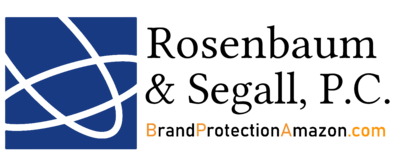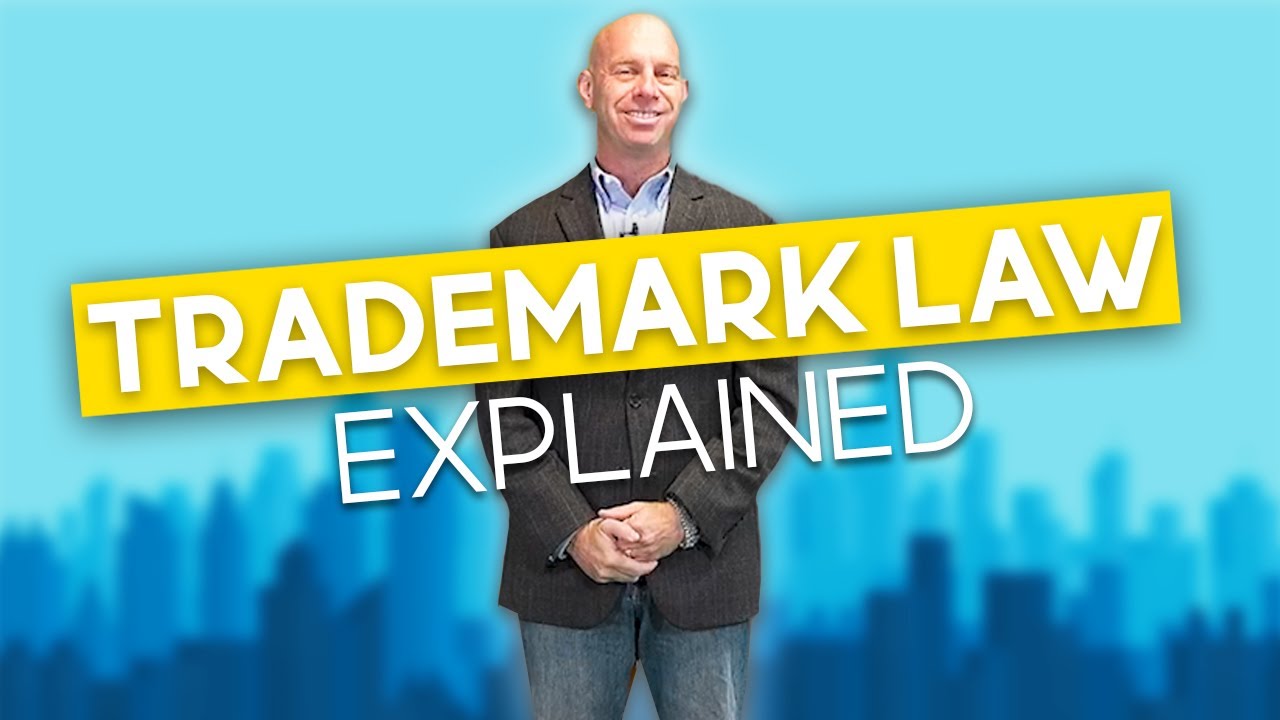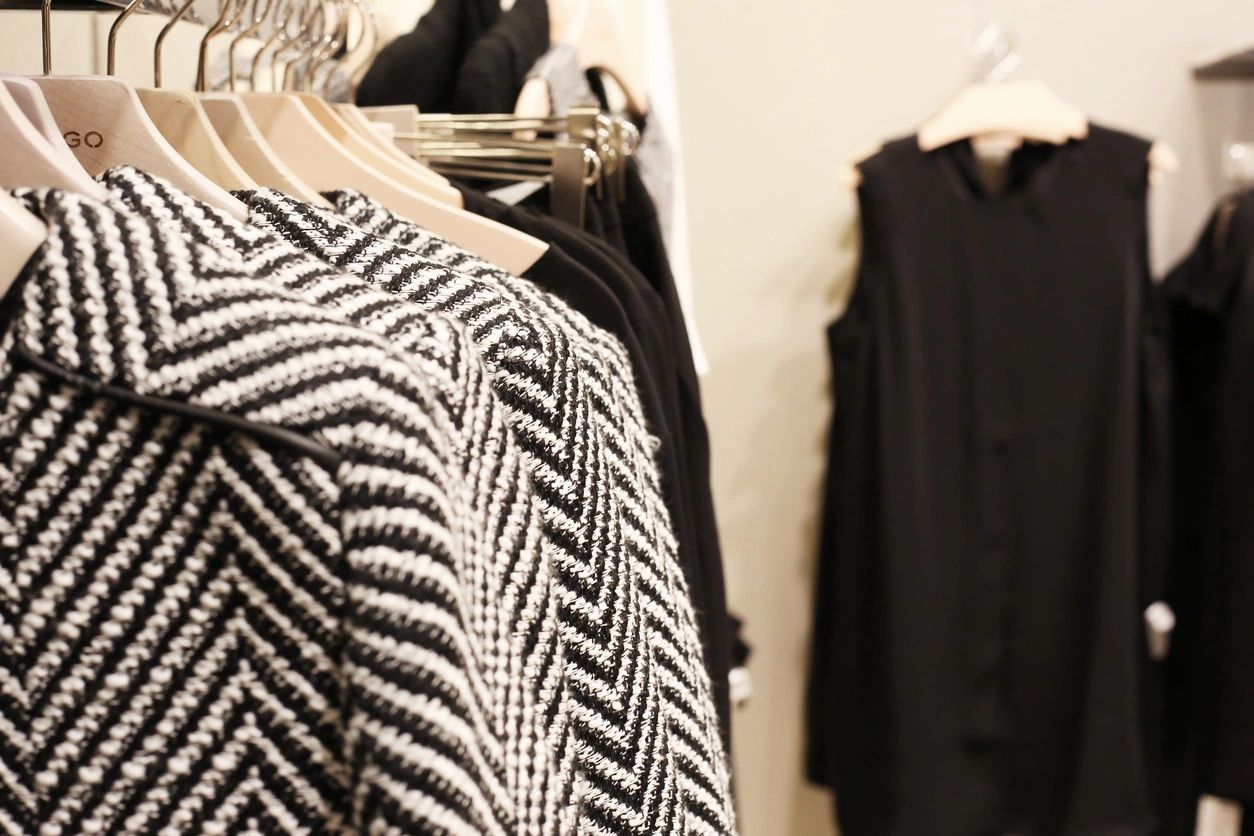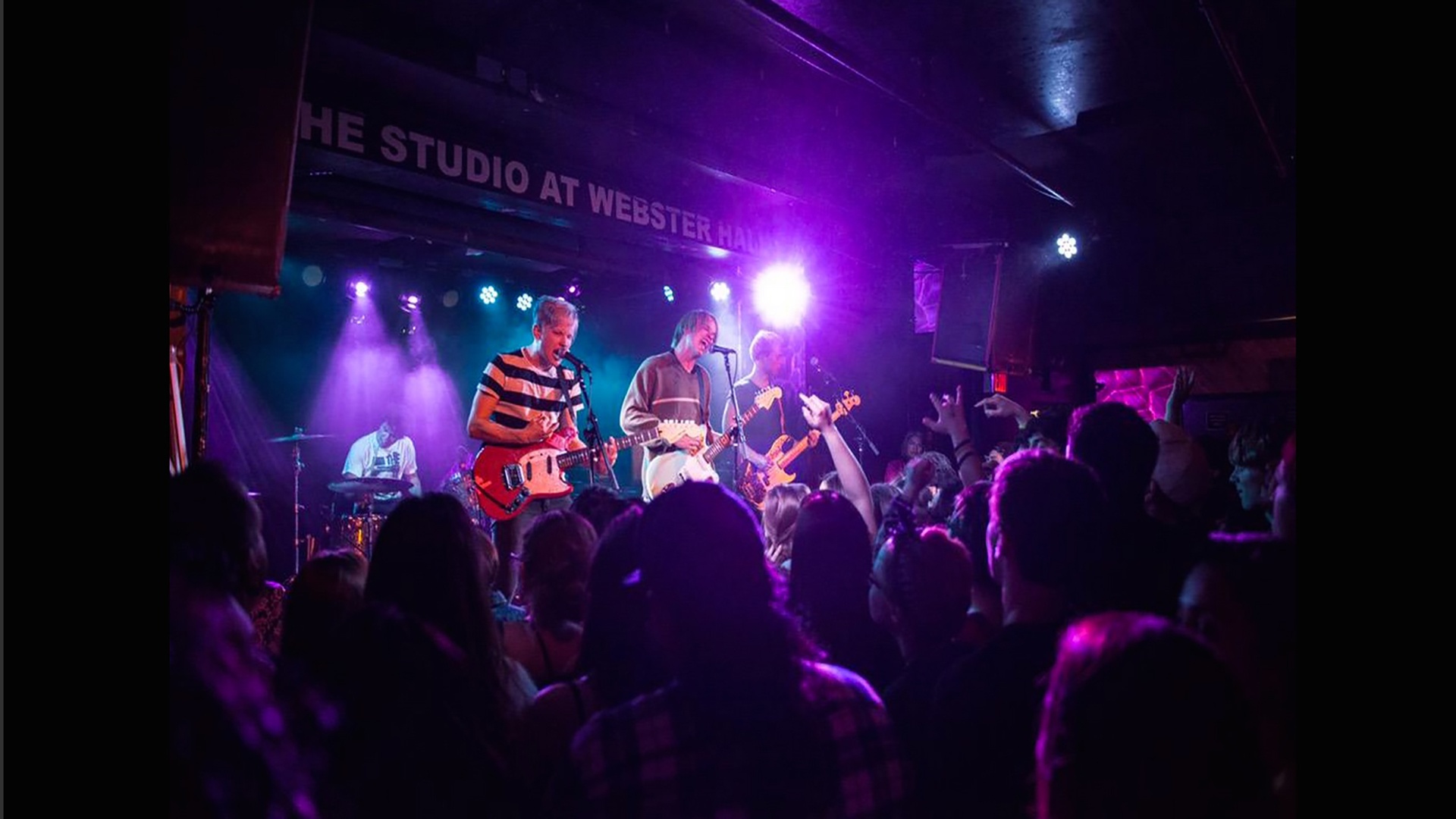
No band or musician is safe from another seller profiting off of their brand, including the famous Australian rock band AC/DC.
The band owns a registered trademark on the principal register of the United States Patent and Trademark Office (“USPTO”) for “AC/DC” that consists of the letters and symbols in a gothic font, with a lightning bolt as the slash in between the letters.
Having the registered trademark gives the band greater protection of their mark, including the exclusive right to use, or authorize the use of, the trademark in connection with the production, distribution and sale of any merchandise containing the mark. However, this does not always deter counterfeit sellers from using the trademark for their own economic gain without authorized use.
In January of 2016, ahead of their upcoming U.S. tour, AC/DC filed a complaint for a Court order to direct federal marshals, local state police, and private security to seize counterfeit t-shirts and other items sold outside of the concert venues.
The unauthorized selling of the AC/DC logo is a violation of the U.S. Lanham Act, which states:
“in connection with any goods and services, uses in commerce any word, term, name, symbol, or device … which is likely to cause confusion … or association of such person with another person, or as to the origin, sponsorship, or approval of his or her goods, services or commercial activities by another person … shall be liable in a civil action by any person who believes that he or she is or is likely to be damaged by such act.”
A similar situation occurred years earlier where the entertainment company Live Nation filed a lawsuit against numerous “John Does” prior to the “Ozzfest” traveling festival. They attempted to gain the same injunctive relief of having federal and local law enforcement seize any counterfeit merchandise and destroy it.
In this complaint, the band cited past counterfeit offenders as reasoning for their fear of future offenses during the tour. However, the Court found the band failed to show immediate and irreparable harm in the absence of temporary relief. It was deemed only speculation that the counterfeit sellers would appear at the future concert tour, particularly where the evidence of counterfeit sellers at the previous shows occurred outside of North America. Furthermore, AC/DC failed to provide other means for preventing the unauthorized sellers or show why the injunctive relief they seek is the only way to make them whole.
In order to avoid your complaint being rejected in the future, it is important to provide the Court with extensive details regarding the nature of your agreement pertaining to use of the venue, the parking area, and other facilities during the concert.
The Court in AC/DC’s case requested the following questions to be answered:
(1) what controls are in place for the unauthorized use of these facilities for the planned event?
(2) would vendors need a license to sell their products either on property owned by the venue or nearby city owned rights-of-way?
(3) if they do need a license, would the local authorities be authorized to enforce complaints against violators for trespass for violating other laws or regulations?
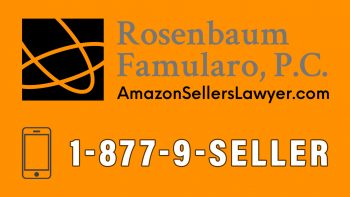 It is important to make sure you consult an intellectual property lawyer experienced in copyright and trademark protection to make sure your complaint is complete and does not get denied. This way you can protect yourself against trademark infringement before it ever occurs.
It is important to make sure you consult an intellectual property lawyer experienced in copyright and trademark protection to make sure your complaint is complete and does not get denied. This way you can protect yourself against trademark infringement before it ever occurs.
Rosenbaum Famularo, P.C. helps bands and musicians protect their merchandise from online counterfeiters. The law firm used its unique knowledge of Amazon, copyright law and trademark law to stop counterfeiters.
This article was researched and written by CJ Rosenbaum, Esq., and Anthony Famularo, Esq., founding partners of Rosenbaum Famularo, P.C., law firm behind AmazonSellersLawyer.com.
